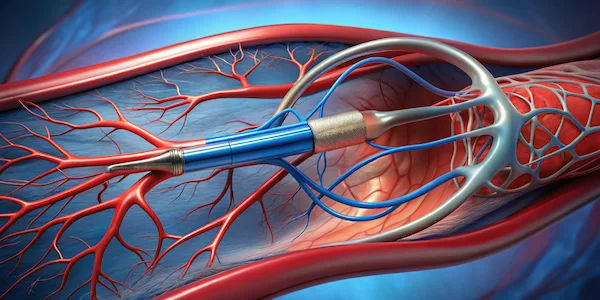- Female
- 28 Years
- 22/01/2025
I'm really worried about what to do if a family member, like my mom or dad, ever has chest pain, starts sweating a lot, or has pain in the arm or shoulder. What if they start vomiting too? I mean, in that moment, can I give them aspirin or sorbitrate? And if so, how much should I give? Could you explain how to properly administer it? I'm a bit anxious about this and not really sure about the right steps.
More Cardiology Health Queries
View allI've been feeling this burning sensation in my breast, mostly on the left side, and it even goes into my back sometimes. It occasionally spreads down my leg too. Should I be worried about this or is it something common?
Phimosis Condition and Next Steps *Causes of Phimosis:* 1. *Genetics*: Phimosis can be inherited. 2. *Inflammation*: Repeated inflammation of the foreskin can lead to scarring and phimosis. 3. *Infections*: Certain infections, such as balanitis, can cause phimosis. 4. *Poor hygiene*: Infrequent cleaning of the foreskin can lead to phimosis. 5. *Trauma*: Injury to the foreskin can cause phimosis. *Next Steps:* 1. *Consult a doctor*: Schedule an appointment with a urologist or a general practitioner to discuss your condition. 2. *Examination and diagnosis*: Your doctor will examine you to confirm the diagnosis and rule out any underlying conditions. 3. *Treatment options*: Depending on the severity of your phimosis, your doctor may recommend: - *Topical creams*: Steroid creams to help loosen the foreskin. - *Manual stretching*: Gentle stretching exercises to help loosen the foreskin. - *Circumcision*: Surgical removal of the foreskin (usually recommended as a last resort). 4. *Addressing concerns*: Discuss your concerns about surgery with your doctor, and explore alternative treatment options.
Answered by 1 Apollo Doctors
I'm trying to understand what it means when there's a regional wall motion abnormality detected in an echocardiogram. Is this something related to ischemic heart disease? What does that imply for my heart health? I'm feeling a bit anxious about all this and would appreciate some clarity.
suggestive of bundle branch block .A cardiac opinion is required
Answered by 1 Apollo Doctors
I'm a bit worried because I have diabetes and this morning I felt a slight pain on the left side of my chest. I went to the hospital, and they did an ECG. The report said "Borderline," but it was unconfirmed. The doctor told me it's not a huge problem but that I need to watch my diet and keep tabs on my heart health. I'm a little confused and can't help but worry about what all this means. Could you help me understand? Ive been losing sleep over this.
Salt restricted diet,DASH diet for hypertension...reduced fats ,oils,butter and ghee reduction advised...
Answered by 1 Apollo Doctors
Disclaimer: Answers on Apollo 247 are not intended to replace your doctor advice. Always seek help of a professional doctor in case of an medical emergency or ailment.





